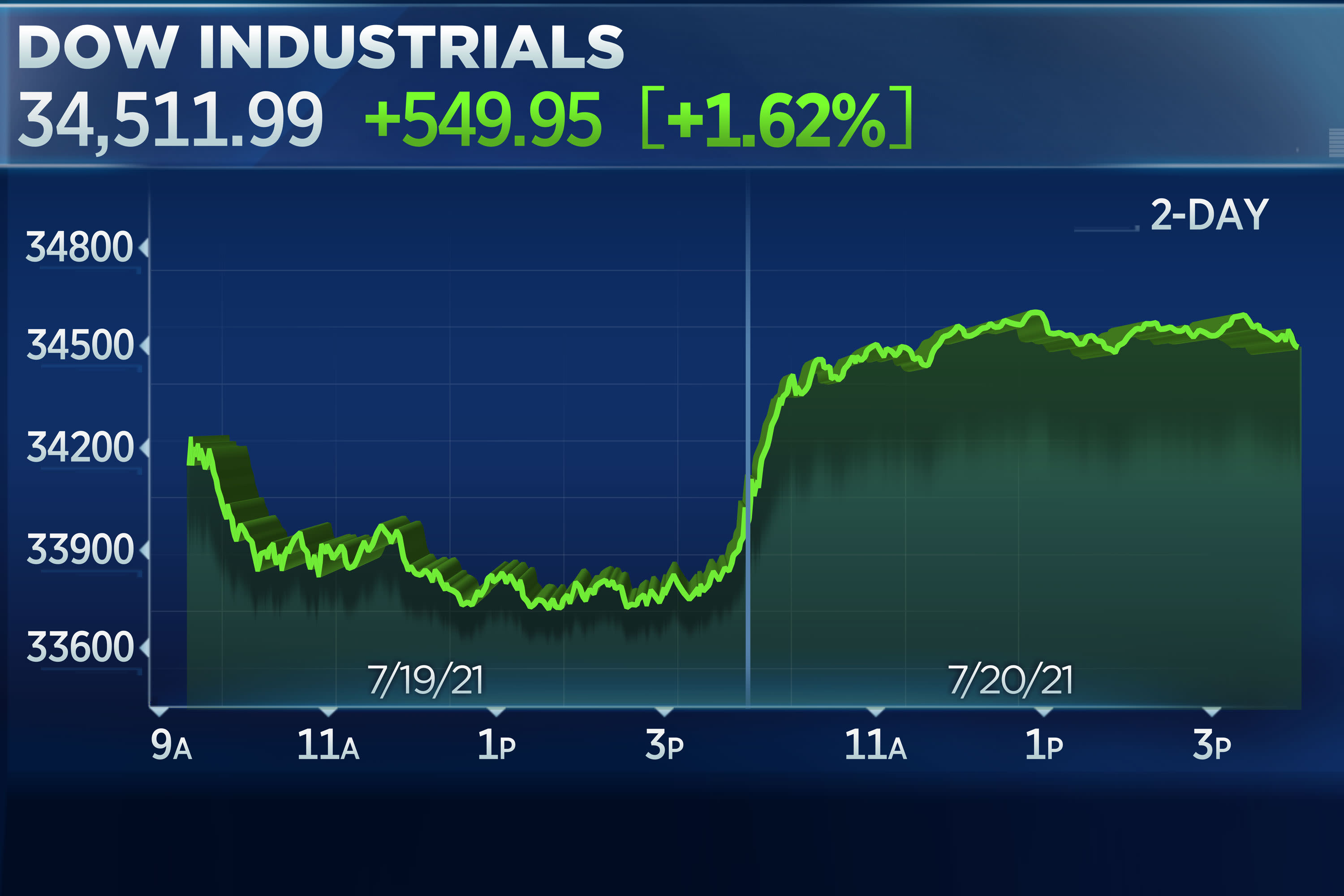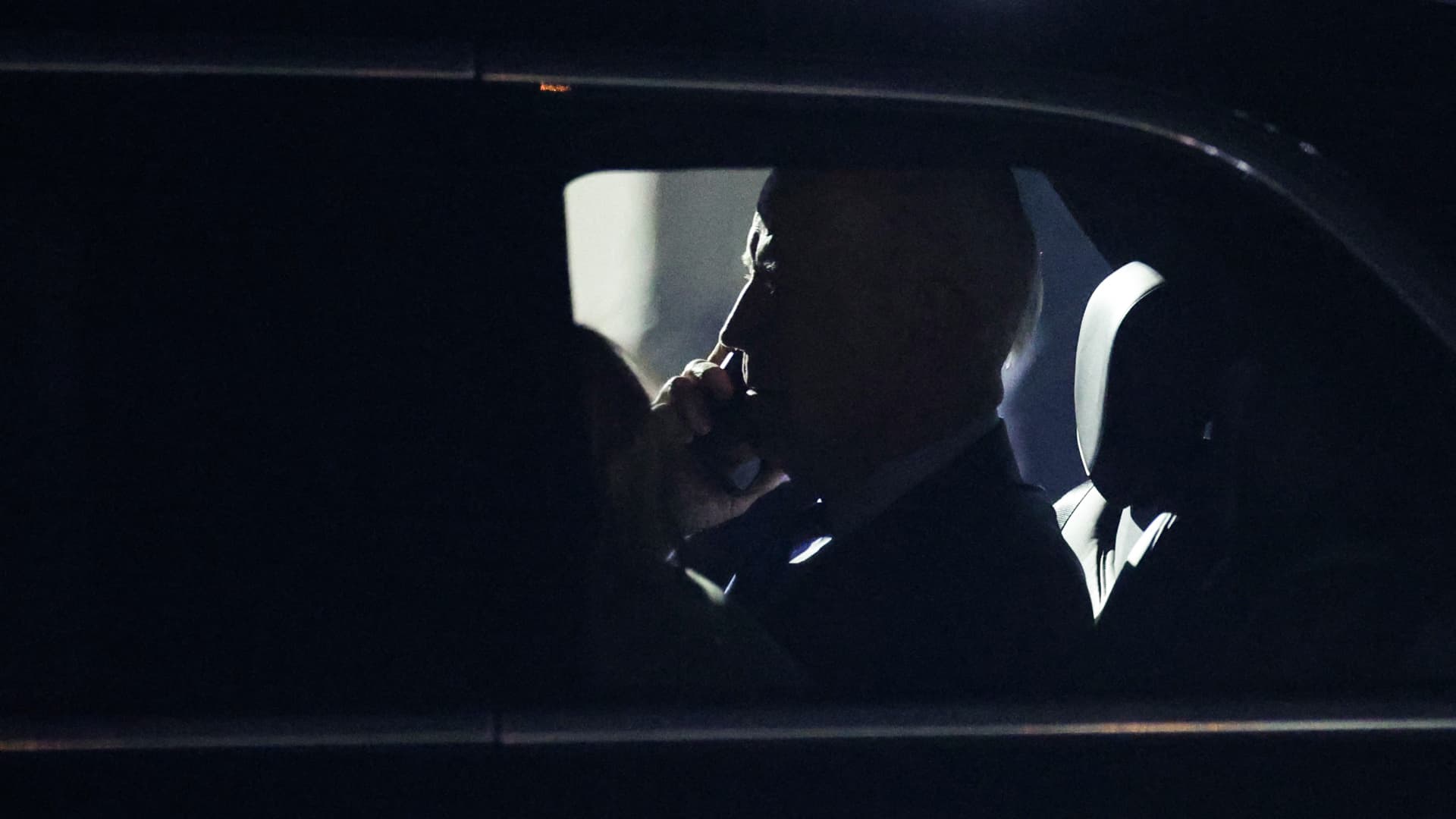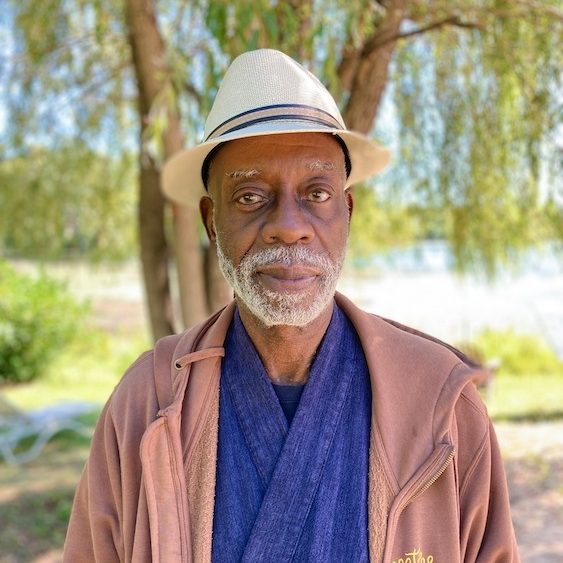Biden objects to China's 'aggressive' approach to Taiwan in three-hour meeting with Xi
U.S. President Joe Biden and Chinese President Xi Jinping met Monday for the first time in person since Biden took office.
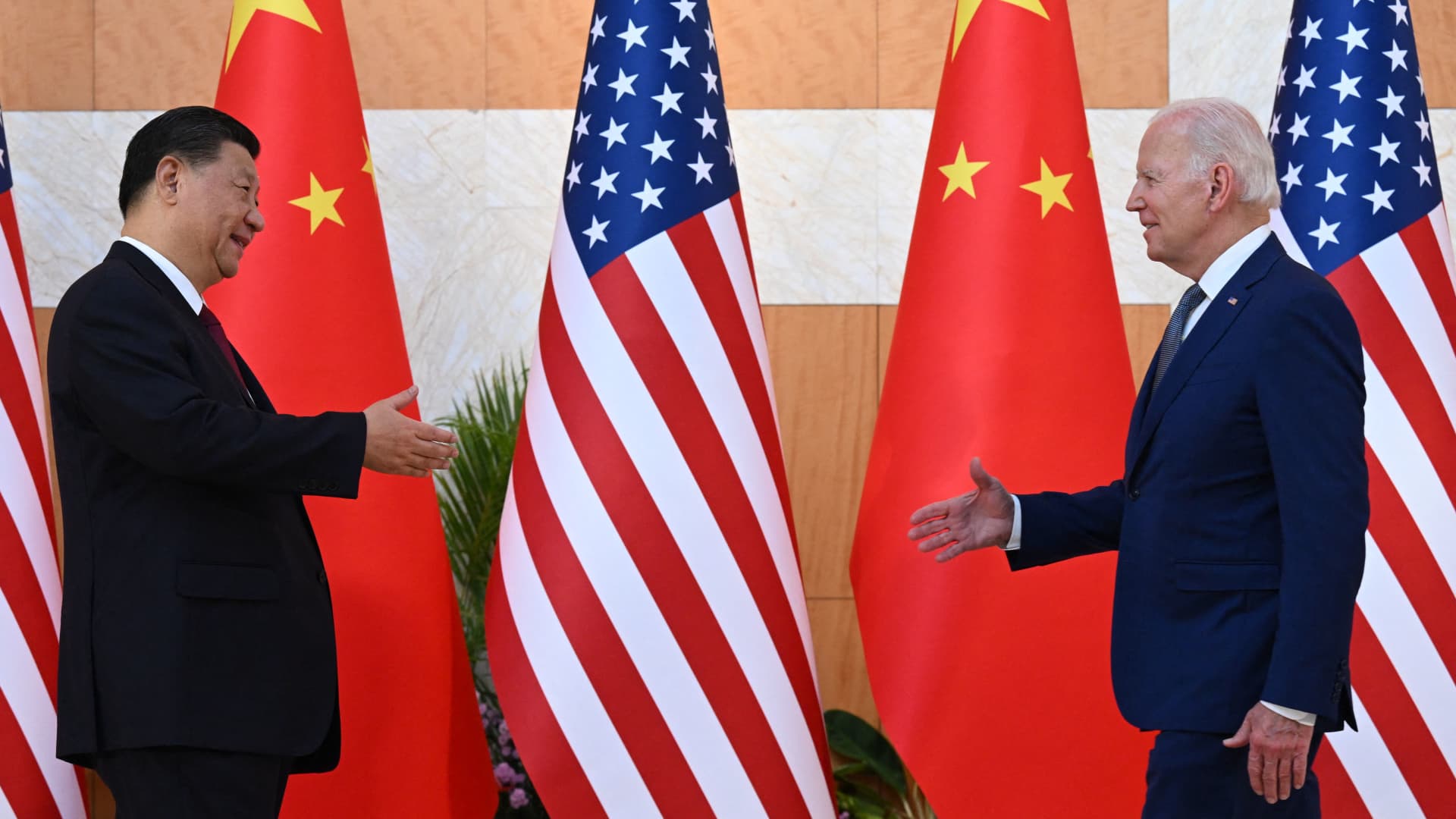
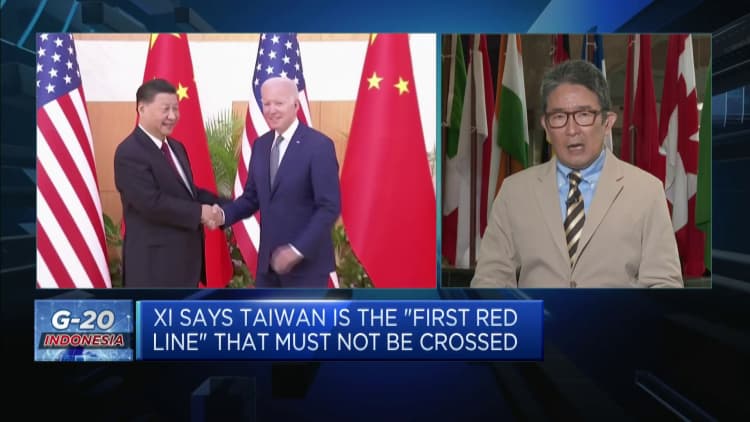
U.S. President Joe Biden on Monday raised objections to China's actions toward Taiwan in a three-hour meeting with Chinese leader Xi Jinping.
The conversation, which both sides called "candid," took place in Bali, a day before the G-20 summit kicked off. It was the first time the two superpower leaders had met in person since Biden took office in January 2021, during the pandemic.
"We need to chart the right course for the China-U.S. relationship," Xi said at the opening of the meeting in Mandarin, according an official English translation broadcast.
"We need to find the right direction for the bilateral relationship going forward and elevate the relationship."
Tensions between the U.S. and China have escalated over the last several years, touching flashpoints ranging from Taiwan and the war in Ukraine, to the ability of American companies to sell high-end tech to Chinese businesses.
The U.S. and China can manage their differences and stop competition from turning into conflict, Biden said, according to a White House readout, which noted the two leaders spoke "candidly about their respective priorities and intentions across a range of issues."
US President Joe Biden (R) and China's President Xi Jinping (L) shake hands as they meet on the sidelines of the G20 Summit in Nusa Dua on the Indonesian resort island of Bali on November 14, 2022.
Saul Loeb | Afp | Getty Images
Biden said the U.S. "one China policy" had not changed, while raising "U.S. objections to the PRC's coercive and increasingly aggressive actions toward Taiwan, which undermine peace and stability across the Taiwan Strait and in the broader region, and jeopardize global prosperity," the White House readout said.
Beijing considers Taiwan part of its territory and maintains the island should have no right to conduct foreign relations. The U.S. recognizes Beijing as the sole legal government of China, while maintaining unofficial relations with Taiwan.
Xi said during his meeting with Biden that the question of Taiwan is at the "core" of China's interests — and the "first red line" that must not be crossed, according to a readout from China's Foreign Ministry. He emphasized Beijing's commitment to peace across the Taiwan Strait.
Taiwan has come under military and economic pressure from Beijing this year, after the democratically self-ruled island allowed the visit of U.S. House Speaker Nancy Pelosi — the highest-ranking U.S. official to set foot on Taiwan in 25 years. The visit came despite warnings from Beijing.
Biden has repeatedly indicated the U.S. would defend Taiwan militarily if the island is attacked, only to have the White House deny a shift in a decades-long "one China policy."
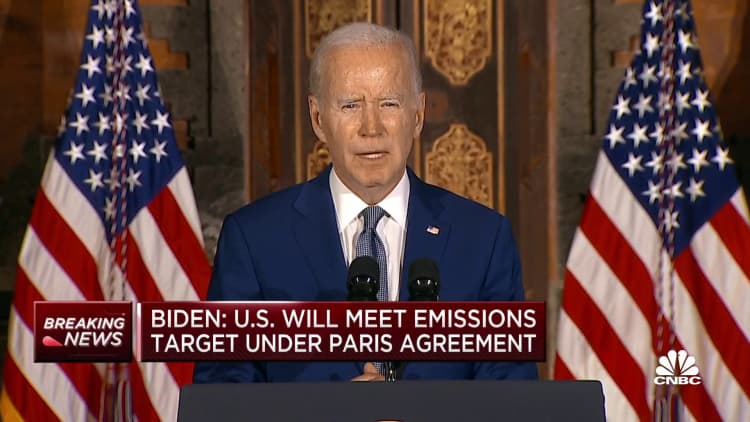
Since Biden took office, his administration has cast China as a competitor and in October issued new rules restricting China's ability to access and develop the most advanced semiconductors.
"President Biden explained that the United States will continue to compete vigorously with the PRC [People's Republic of China], including by investing in sources of strength at home and aligning efforts with allies and partners around the world," the readout said.
"He reiterated that this competition should not veer into conflict and underscored that the United States and China must manage the competition responsibly and maintain open lines of communication," the White House readout said. "The two leaders discussed the importance of developing principles that would advance these goals and tasked their teams to discuss them further."
During Monday's meeting, Xi said it is in both countries' interest to "achieve peaceful coexistence," according to the Foreign Ministry readout. Xi said China opposes the politicization of trade and tech.
Xi emphasized the need to learn from history, using it "as a mirror" to "guide the future," according to a release from China's Foreign Ministry. He said the bilateral relationship is not in a situation that's in the interest of the two countries' peoples, and isn't what the international community expects.
Neither side shared much detail on any discussion of economic or trade issues.
Read more about China from CNBC Pro
On the war in Ukraine, the White House readout said both leaders opposed "the use or threat of use of nuclear weapons."
China, which has refused to say that Russia invaded Ukraine, did not include that detail in its readout.
But when speaking about the "Ukraine crisis," Xi said that "confrontation between major countries must be avoided" and said China would "continue to encourage peace talks."
Both countries said they would maintain communication, and the White House said Secretary of State Blinken would visit China at an unspecified time to follow up on the discussions.
Prior to Monday's in-person meeting, Biden and Xi held a videoconference in November 2021 and, among other communication, had a call in late July.
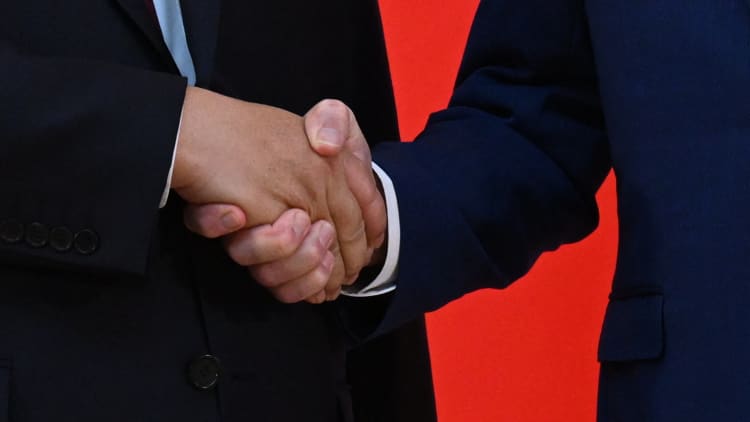
Each president was accompanied by nine government officials.
Representatives for the U.S. side included Treasury Secretary Janet Yellen, Secretary of State Antony Blinken and Ambassador to China Nicholas Burns.
Accompanying Xi were Ding Xuexiang, one of the new members of China's highest circle of power, and He Lifeng, head of the National Development and Reform Commission. Foreign Minister Wang Yi and Assistant Foreign Minister Hua Chunying also attended.

 Lynk
Lynk 









